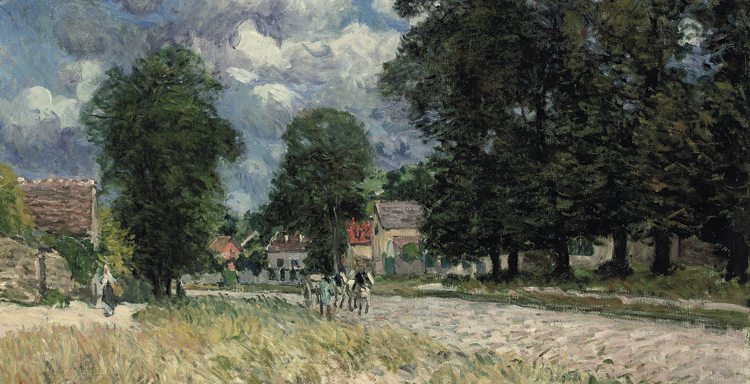Collecting is the vice without name, the addiction without cure, the passion that outlives youth and the victim-less sin. It can also be a pastime that creates wealth, keeps the little grey cells from getting rusty and the source of enormous pleasure and satisfaction.
So what is it that makes humans exhibit the behaviour of a magpie? Why do we have this drive to acquire things, things that of themselves often have no utility? A museum almost has an excuse – collections provide a centralised source for research or education, and provide protection by surviving through several human lifetimes. Libraries are repositories of human memory and culture, preserved long after their originators have passed.
But why do individuals create their own collections – why not leave it to the professionals? Why is it casual for some and obsessional for others? For some, the collection is a library of souvenirs of pleasurable moments. For others the pleasure is one of unique possession. Some find the process of collecting more important than the collection itself. Others find the process exciting, some treat the collection with a reverence not entirely divorced from religion.
There isn't an answer: it is a fundamental human drive, and it can manifest itself in many ways and to many extents, so why resist? If you are going to indulge the whim to collect, it makes sense to collect something that will not only give you pleasure within your collection, but will also be fun to acquire in the first place.
I prowl the auction houses of the world. Not for me the shifty characters on Ebay, with blurred photographs of junk: I stalk the Aladdin's Caves of real salerooms of real auction houses, sometimes in person, sometimes as an absentee bidder, and sometimes as a live internet bidder.
Here is excitement and drama. Here can be bargains. Here are things you'd never find elsewhere, yet with excellent pedigrees. Here you can look the other fellow in the eye, knowing he or she has reached the limit, and up it by a dollar to secure your prize. Here you can have something snatched from your grasp by someone with deeper pockets, and shallower motives.
The big auction houses are international affairs with offices all over the world and sell everything under the sun. Christie's have no less than 60 specialist departments and offer advice on acquisitions and sales alike. Specialist departments include Tribal and Pre-Columbian Art, Oriental Ceramics and Teddy Bears, in addition to mainstays such as antique furniture, old master pictures and clocks, watches and jewellery. Sothebys have an impressive modern Greek department, and specialists in Irish art, and Bonhams cover sports memorabilia and have a regular Dog Sale, where paintings, figurines and sculptures of dogs are featured.
It is these specialist departments that give you the confidence that all is as it should be. Provenance and description are all provided, and a realistic estimate of value.
Attend the pre-auction viewing if you can, have a leisurely look and decide, based on condition and your own judgement what to bid for, and how much to bid. On the auction day itself, turn up in good time and register, and you will be given a “paddle”, a printed card with a number on. You bid by raising the card to attract the auctioneer's attention.
You can also bid by telephone – your bids and the other bids from the floor are relayed to you by an auction house employee – or you can leave an absentee bid, by phone, fax, or internet, and a member of the auction house staff will bid on your behalf until your top limit is reached. Christie's offer live internet bidding.
How do you know how much to bid? Use your heart, and watch those around you. What is it worth to you? The catalogue will usually have an estimated value. There will always be a small band of bargain hunters, hoping to pick something up cheap, and these will fade fairly soon. Don't bid more than you can afford, or more than you want to pay – you will end up resenting the item you've just collected, rather than treasuring it.
A final thought: collecting is better than re-cycling. Collecting is Green.
